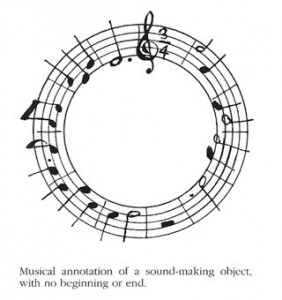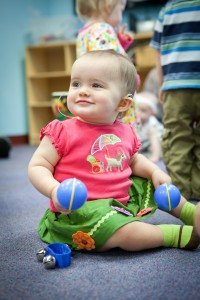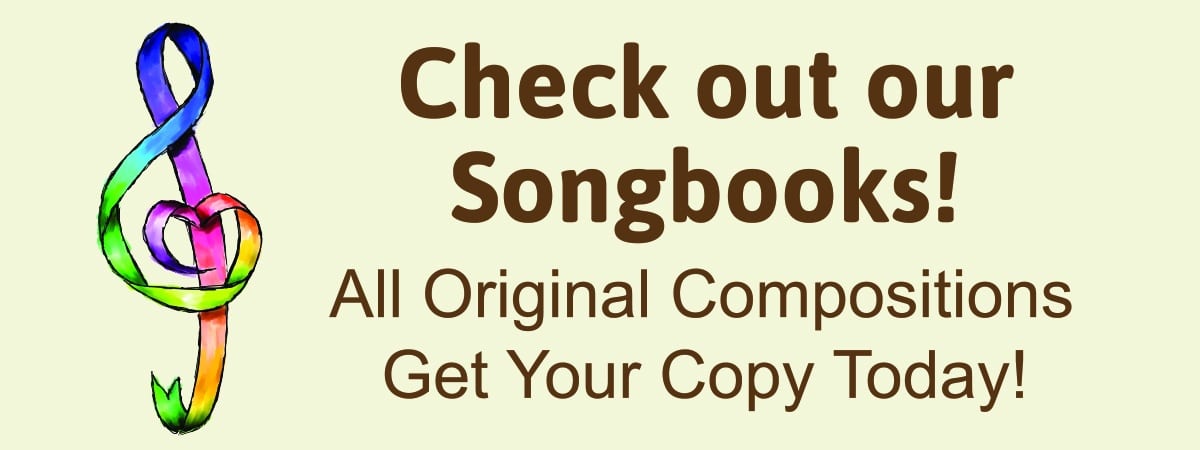Dear Raising Harmony Members,
For the second time since starting this blog a few short months ago, difficult, and now tragic, events have torn open the vulnerable world of small children. There are no words that can meet the depth of sorrow for those who lost children in this latest school shooting. Many will write for those families and that community and offer them what they can in their grief. But today I feel compelled to share some of my thoughts with you, our early childhood community, on some immediate and critical ways to meet the needs of our own young children in times of tragedy. [Read more…]

![MC900439783[1]](https://raisingharmony.com/wp-content/uploads/2012/12/MC90043978311.png)


